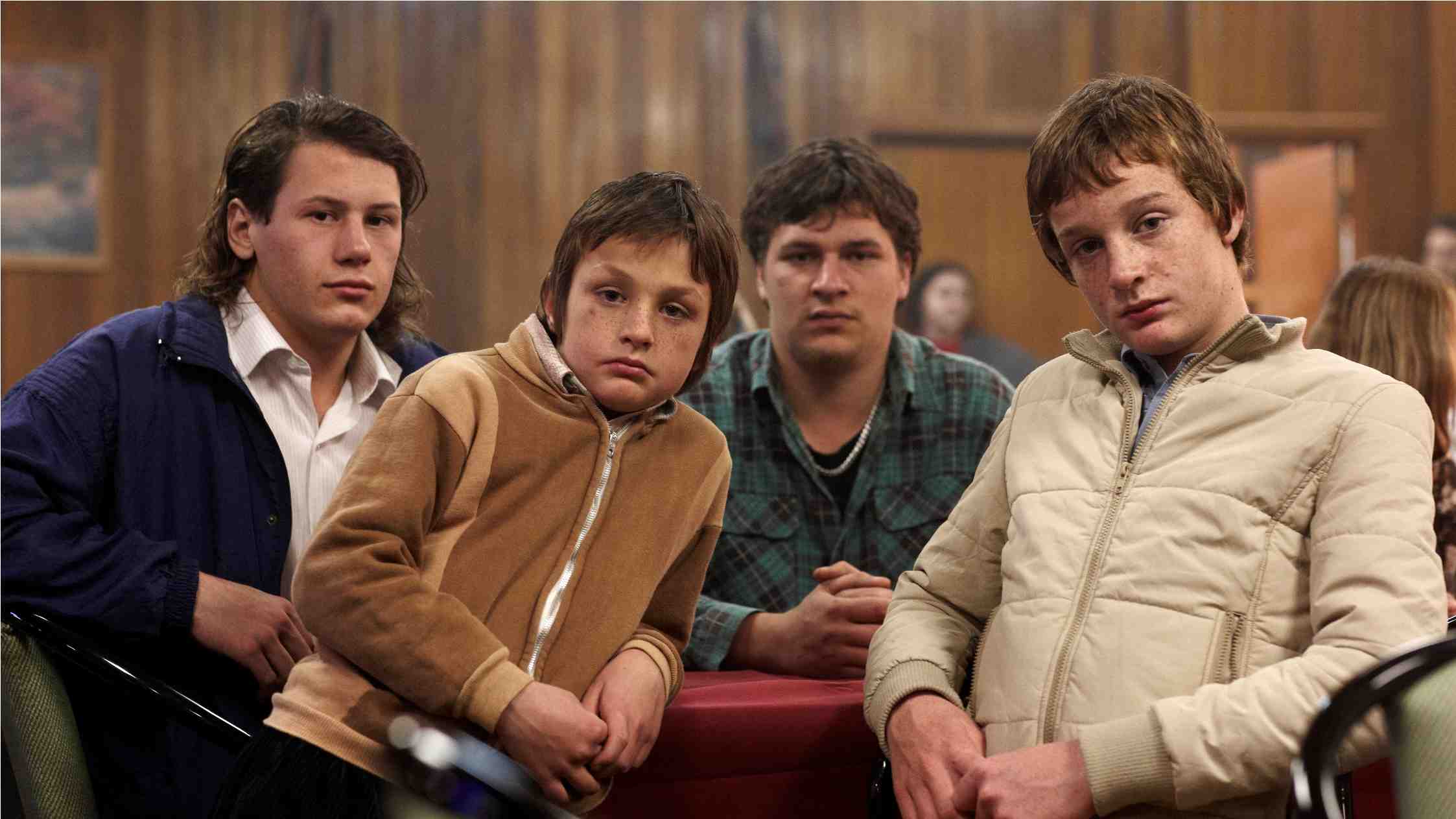Snowtown (Review)
[youtube]http://www.youtube.com/watch?v=sJY6X8utM8A&[/youtube]
BASED ON the true and horrific events of the “bodies in the barrels” crimes in Adelaide, Snowtown is more an exercise in psychology than any desire to shock.
Local films tend to be somewhat marginalised in favour of international blockbuster films, but Snowtown is worth a watch, in no part due to its gruesome subject matter.
The notorious Snowtown murders hold a fascinating place in Australian crime history. The murders of 12 victims, led by John Bunting, took place between 1992 and 1999. The film itself was shot on location in South Australia, and features a predominantly local cast.

Winner of the Audience Award at the 2011 Adelaide Film Festival, Snowtown is based on the true story of the notorious "bodies in the barrels" murders in Adelaide.
Directed by Justin Kurzel in his first feature film debut, the story is told through the perspective of 16-year-old Jamie Vlassakis (Lucas Pittaway), and gives audiences a glimpse into Jamie’s world, and the disenfranchised society he comes from.
Living with his mother and two younger brothers in a housing trust home in the northern suburbs of Adelaide, Jamie befriends Australia’s worst serial killer John Bunting (Daniel Henshall), who comes across at first to be a charismatic man who brings relief and stability into Jamie’s family. The film traces Jamie’s journey into John’s twisted world.

Sixteen-year-old Jamie lives with his mother, Elizabeth, and two younger brothers, Alex and Nicholas, in a housing trust home in Adelaide’s northern suburbs. Their home is but one of many sun-starved houses crammed together to cater for a disenfranchised society.

Jamie (Lucas Pittaway) longs for an escape from the violence and hopelessness that surrounds him and his salvation arrives in the form of John, a charismatic man who unexpectedly comes to his aid.
But if you are expecting blood and gore, then look elsewhere, because the movie does not descend into your typical slasher flick (á la the Saw franchise), although there are a few disconcerting scenes. The filmmakers, sensitive to the feelings of the victims’ families and the local community, made a conscious decision to avoid any gruesome or gratuitous depiction of the murders. Save for one victim, the audience will not witness the intricacies of any of the murders, and that one exception is shown to be pivotal for Jamie’s development.
Throughout the film, audiences also get a sense of the undercurrent of deeper issues at work in the story. Though these issues are never fully surfaced in the film, they betray a sense of bleakness, darkness and hopelessness. And through director Justin Kurzel’s simple storytelling, audiences intuitively know to look past appearances to see a deeper reality confronting people living in small-town communities.

John (Daniel Henshall) moves from the role of Jamie’s protector to that of a mentor, indoctrinating Jamie into his world, a world brimming with bigotry, righteousness and malice.
The character of John Bunting is portrayed skillfully by Sydney-born actor Daniel Henshall. The shift from charismatic, affable John to cold and apathetic killer is chilling in its execution.
Newcomer Lucas Pittaway also manages a commendable effort in trying to bring to the screen the conflict within Jamie, as he grapples between loyalty towards the father-figure he has found in John Bunting, and fear of the psychopath in him.
Movies like this can sometimes, whether rightly or wrongly, generate sympathy or pity for these deeply flawed characters because of their circumstances, but the film does manage to find that balance of detachment. There is certainly no pity for the cold-hearted John Bunting, and though the story is told through Jamie’s perspective, there has been no attempt to excuse his actions.

The story of Snowtown paints a portrait of an area and a community that has been overlooked and forgotten by mainstream Australia.
Yet for better or for worse, it is also that very sense of detachment which prevents the audience from being fully immersed into Snowtown. You walk away with the feeling that more could have been accomplished though the film, and the expectation that the plot would become progressively darker and more twisted, is never quite fully realised. It is in these areas of unmet expectations that the film tends to plod a little.
But more profoundly, the film attempts to ask some important questions on the state of Australia’s social welfare and framework (or lack of) in place for dysfunctional families and societies.
“The violence, while being integral to the story, was always in the background,” says Shaun Grant, who wrote the screenplay. “It was the psychology of the characters that concerned me from the outset.”
It was also Justin Kurzel’s hope that the film would engage audiences and make them ask “why, in contemporary Australia, a crime so immense took place and devastatingly went undetected for so many years.”
Snowtown opens May 19 at Cinema Nova.
